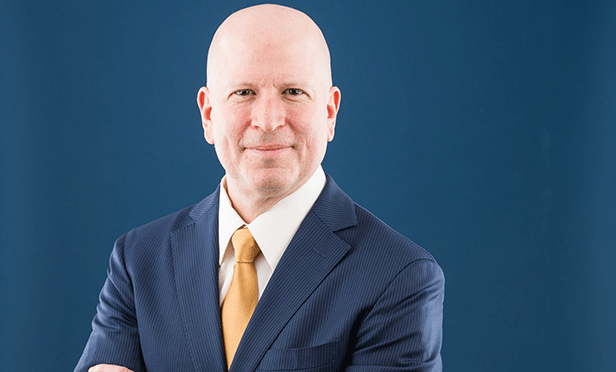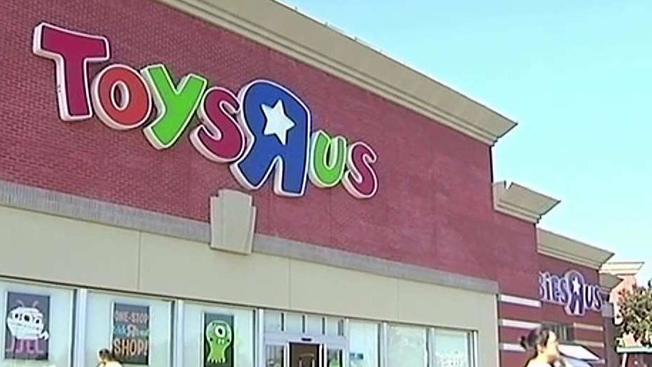[IMGCAP(1)]A co-worker of mine recently told me he was taking a break from writing his stories because he was watering the lawn of a house next door to him. The house had been vacant for more than a year because of foreclosure and had automatic sprinklers. He quickly informed me that he obviously couldn't use the automatic sprinklers because the water company has the line shut off and locked tight, so he took it upon himself to keep the lawn alive with a garden hose.
Before actually giving it any thought, I questioned his reasoning behind using his precious time and water bill for a random lawn. His response?
"Well, to keep it from getting brown and ugly."
What does this have to do with commercial real estate, you might wonder?
Well, not much directly, but it does have a lot to do with it indirectly because we are all in this “downturn” together, whether we're in the commercial real estate industry, residential real estate, or any number of other businesses and industries that make up the many-faceted US and global economies. And yes, regardless of whether we are still technically in a recession or not, I believe we're still in a downturn or at best a sluggish recovery. This isn't my idea. I've heard more than one economist and more than one commercial real estate executive express this same thought.
My co-worker's lawn fits into this story because, as I remember Richard Hollowell remarking at one of our RealShare Apartment conferences this fall, the single-family residential market remains troubled.
Hollowell, a managing director at the Reznick Group, pointed out that banks by the end of 2011 would have foreclosed on 800,000 single-family homes. Not sure if that number turned out to be 100% accurate, but it makes me wonder:
With all those foreclosed homes, who is responsible for the foreclosed house next door? What roles do local government, police enforcement, banks, the neighborhood, and my co-worker have on the maintenance of these many foreclosed properties? I mean, we know real estate agents love a green lawn.
It creates a "sellable" image.
My co-worker says he waters the lawn next door because it's in his own self-interest. Another of his neighbors mows the lawn of the foreclosed house for the same reason. Unfortunately, we can't expect all of the neighbors in all of the neighborhoods everywhere to pitch in and take care of all of the lawns of foreclosed houses. And even if they did, it wouldn't solve the underlying economic problems that are killing lawns across America. I look forward to the day when my co-worker no longer has to water the neighbor's lawn, and when all of the dead lawns in America return to life because the economy has recovered. The tally of dead and dying lawns is not something you see in the official reports on the economy, but it's one of my own personal economic indicators. What are yours?
Continue Reading for Free
Register and gain access to:
- Breaking commercial real estate news and analysis, on-site and via our newsletters and custom alerts
- Educational webcasts, white papers, and ebooks from industry thought leaders
- Critical coverage of the property casualty insurance and financial advisory markets on our other ALM sites, PropertyCasualty360 and ThinkAdvisor
Already have an account? Sign In Now
© 2024 ALM Global, LLC, All Rights Reserved. Request academic re-use from www.copyright.com. All other uses, submit a request to [email protected]. For more information visit Asset & Logo Licensing.








